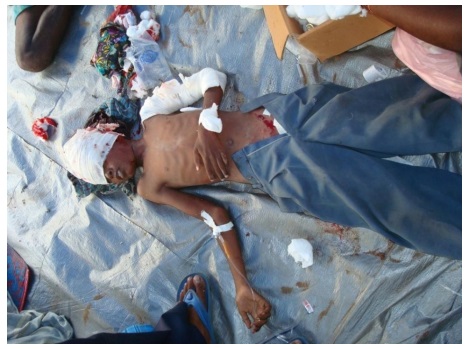A Tamil asylum seeker at Maribyrnong Detention Centre in Melbourne, Austrlia, who was facing deportation to Sri Lanka today and attempted to take his own life in the early hours of this morning (see here and here), has won a last minute reprieve, only a few hours before he was due to be flown home.
The Federal Court in Sydney decided to overturn an earlier court decision on the man, who is known as "Anjan" and said to be in his 40s.
News of his attempted suicide had earlier prompted several refugee solidarity activists to form a community blockade outside the detention centre, preventing the police from attempting to deport the individual.
In a statement released prior to news of the reprieve, the Ian Rintoul, spokesperson for the Refugee Action Coalition, said:
“We are extremely concerned about the fate of this asylum seeker,”
“Sri Lanka remains a dangerous place for anyone deemed to be an opponent of the Rajapaksa regime. The use of torture is systemic."


